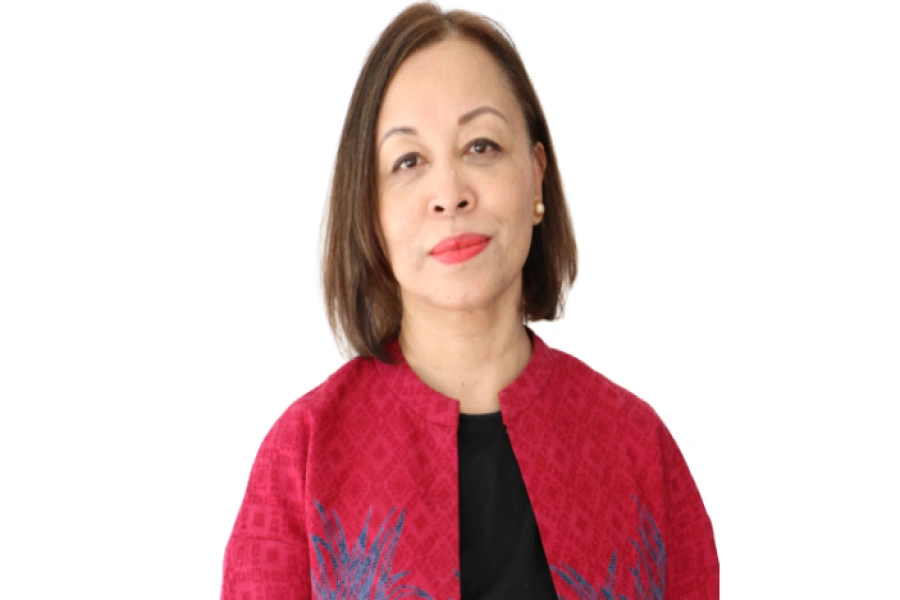There are challenges but also opportunities in Nepal. Society, family, culture, belongingness and identity matter more.
After reading Amrit Bhandari’s “Why I haven’t returned” (Republica, Jan 20) and Swasti Gautam’s “Why I will return” (Republica, Jan 23), I thought I could join the debate by explaining why I returned.
Bangalore had many things to offer—fancy cars, easy apartment purchasing facilities and wealthy lifestyle—enough reason to hold anyone back. Chennai was no different: Blue Chip companies, international banking careers, big city life and so on. I could buy up car with couple of months’ salary, and start EMI for apartment anywhere. Life would be professional, and I would be having nice time. My would-be children’s future probably would be secured.
I had plenty of options. I could join a reputed bank of India or start my career from big houses there. If nothing else worked, I always had Gulf nations which would welcome me with next large bunch of salary and facilities. I did have choices.
It was not nationalism that brought me back. But, I had society to which I belonged, and getting out of my society was no choice. Clean roads, high speed internet, 24 hours water and electricity supply turned out to be secondary facilities. At the core of my heart was my society—which I did not have in Bangalore. I if read newspapers I would look for news of Nepal, in Twitter I followed the happenings here. During Dashain and Tihar I would be left with heavy heart and moistened eyes. I could not tolerate it any more.
I packed my bags and got home.
Understanding Could Safeguard Kids On Social Media

Difficult path
Here in Nepal it was not easy. I invested all the money that I had managed to earn and save into secondary market because it was booming at the time. But right after I invested, the stock market started falling down at the rate I had never imagined.
For the first few months, I had to think twice before going to a restaurant for a plate of momos for that would exceed my budget. I regretted coming back. Getting job was tough. Private firms rather wanted ‘servants’ who polished up their shoes. It was all one way—either submit to your boss or don’t get in. I learned how to accept rejections. It took me few months to realize that honesty was not what landed you a job in Nepal.
Then when I got the job, there was social pressure in regard to marriage. Nobody cared what I wanted but they had some girls ready for me. My job contract got terminated. I joined few other firms, and quit, realizing that it was not my cup of tea.
It was then that I decided to try in the sector that is called ‘prestigious’ and ‘secured.’Banking. I taught during the morning hours and did the bank job thereafter till nine in the evening—every day. It was painful. It was difficult.
But I was still with my family. I was with my father and sister, with whom I dined and shared my joys and sorrows and watched television. These moments are not comparable with anything.
Grab the opportunities
Then I realized that how wrong it is to think Nepal does not have opportunities. It has. All we need is to grab it. I started allocating time for studies, till I made into the government job.
I agree that, like elsewhere, there are challenges and barriers in Nepal. But there are opportunities as well—may be a bunch of them—and we cannot decide which one to take up. Unlike elsewhere, we have limited seats here. We do have social stigmas, where categories are separated on the basis of job, but flying abroad is no solution, because if migration could solve all issues, the Nepalis who migrated to Bhutan and Burma in the past should have been the happiest lot today. We know they are not and we know how much they miss Nepal.
The earth belongs to us all and we are free to make any part of the world our home. But society, family, culture and belongingness and identity, they matter more than anything else. I have nothing to say against those who don’t want to return to Nepal. But it does not suit them to make fun of the country which gave them birth and which raised them and the societies which gave them their first identities.
I managed to get the job and I am happy. But the landlady here in Taplejung is happy too. She has got two pigs to take care of, two oxen, dozens of chicken and some land to farm. She has no time to think of how her prime minister is making fun of his own promises of development, good governance and change. But moving abroad is something she has never thought of and thinks of for her children.
What matters is satisfaction. I have not got what I would get if I was in one of the foreign countries. But here I am satisfied.
The author is Assistant Manager at Rastriya Banijya Bank






































